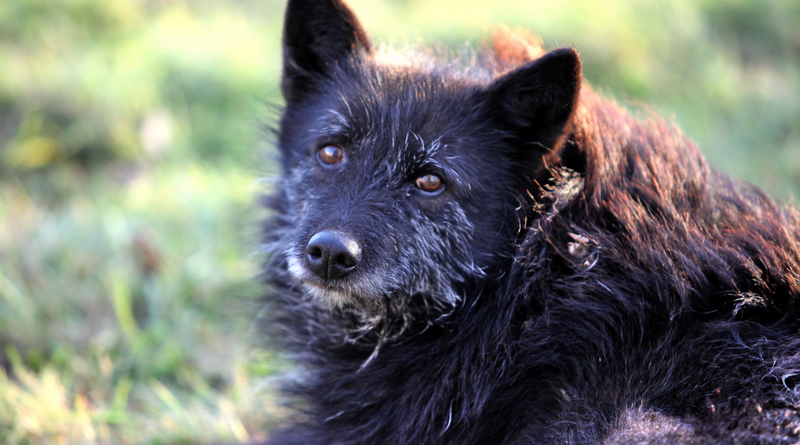
How To Look After An Elderly Dog
As pet owners, it's our responsibility to ensure our furry friends receive the love and care they need, especially as they age. Taking care of an elderly dog can be challenging, but it's a rewarding experience that strengthens the bond between you and your canine companion.
In this blog, we'll go over some tips on how to look after an elderly dog in a friendly tone.
- Keep their diet in check
Just like humans, dogs require a healthy and balanced diet to maintain their physical health, particularly as they age. Speak to your veterinarian and get advice on the best diet for your elderly dog, taking into account any underlying health conditions or dietary restrictions they may have. As a general rule, older dogs require a diet that is lower in calories and fat but higher in protein to support their muscle mass.
- Provide ample exercise opportunities
While elderly dogs may not have the same energy levels as younger dogs, they still need regular exercise to maintain their physical and mental well-being. Low-impact activities such as short walks, swimming or playing fetch can be beneficial for your dog's physical and mental health. Regular exercise also helps to prevent obesity and promotes good cardiovascular health.
- Make adjustments to their environment
Elderly dogs may struggle with mobility and may require modifications to their environment to help them move around with ease. This can include adding ramps or stairs to help them climb onto furniture or making sure that their bed is easily accessible. You should also ensure that their food and water bowls are at a comfortable height to prevent neck and back strain.
- Regular vet visits
As dogs age, their immune system becomes weaker, making them more susceptible to illness and disease. Regular check-ups with your veterinarian can help to catch any underlying health problems early and prevent them from becoming more serious. Additionally, your veterinarian can recommend supplements or medications to help alleviate any age-related health issues your dog may be experiencing.
- Show them love and affection
Most importantly, elderly dogs need love and affection just like they did when they were younger. Make sure to spend quality time with your furry friend, pet them, and give them plenty of attention. They'll appreciate it and feel loved and cared for.
In conclusion, taking care of an elderly dog requires patience, compassion, and a willingness to make adjustments to your dog's lifestyle. By following the tips outlined in this blog, you'll be able to provide your furry friend with the care and attention they need to live a happy and healthy life in their senior years.